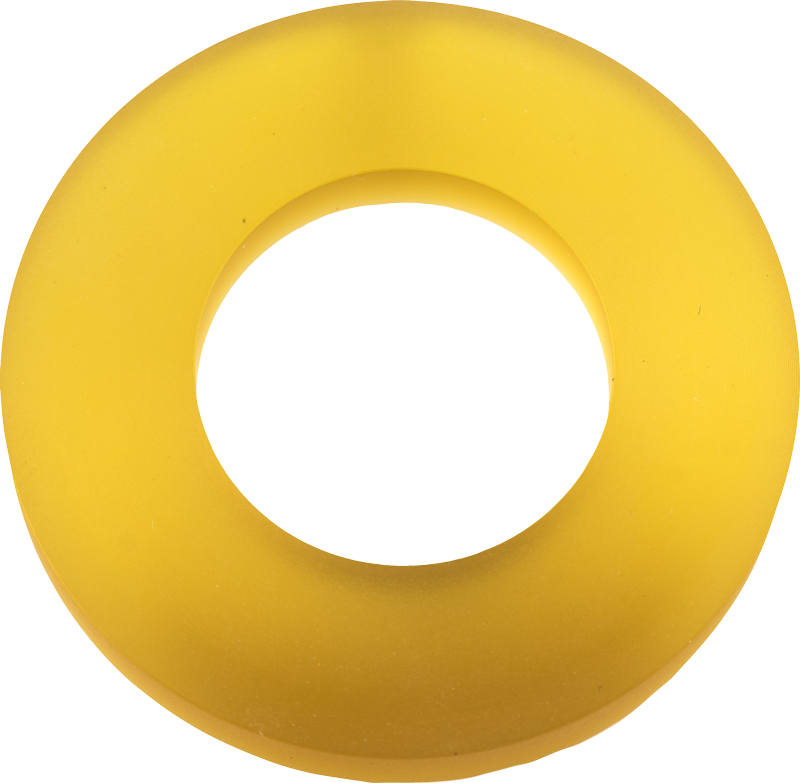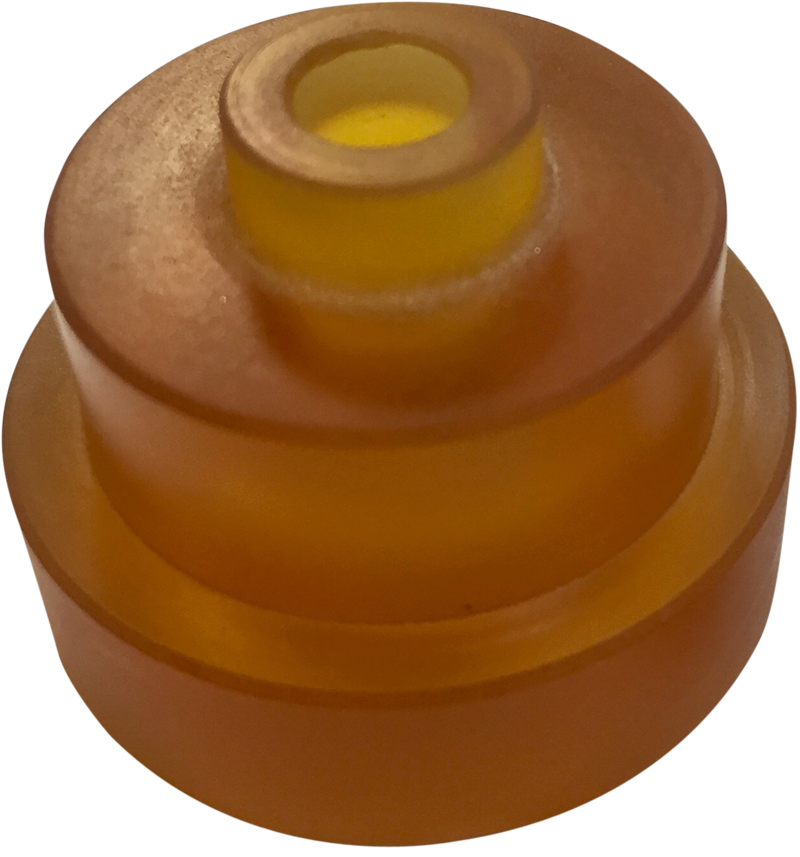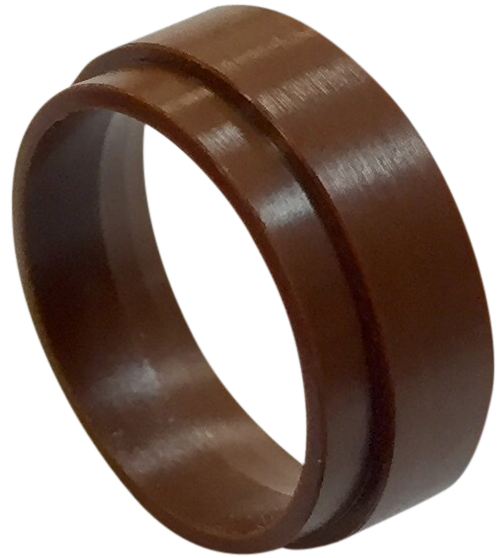Polyimide material is the best plastic for high operating temperature
Polyimide is a large family of high performance plastics offering very high temperature resistance and thermal stability. It also offers good radiation resistance.
Polyimide thermoplastics are dedicated to extreme temperatures
Polyimide is a generic term to cover a large range of polymer based on imide monomers. Very high temperature resistance and thermal stability are typical of polyimide family. Polyimides are also naturally resistant to flame combustion.
With such a big scope, the polyimide family has strongly evolved since its beginning. While industrial production has existed since 1955, polyimide existed first as thermoset polymers, which degrade before melting. In the 80’s, a new thermoplastic polyimide was developed, leading to PEI especially (polyetherimide) and PAI (polyamideimide) production, with respective maximum operating temperature of 170°C and 200°C. PEI stays stiff at elevated temperatures and offers high creep resistance.
When selecting the right grade within the polyimide polymer, these materials can offer among the best available operating temperature, up to 400°C. Some grades can even reach among the lowest operating temperature for plastics, with -240°C.

Polyimide material is the best plastic for high operating temperature
PI and PEI are transformed in all kind of shapes
As they are hard to handle, due to their high melting point, thermoplastic polyimide and polyetherimide are usually available as basic shapes. These rods, tubes or plated materials are then easily machined or turned. Thanks to their high thermal stability, PI and PEI is often used in high precision machining, for applications requesting reduced tolerance.
Polyimide and Polyetherimide are also transformed by injection molding. This allows a large range of complex parts but requires dedicated equipment to resist the requested temperatures.
Polyimide films, also known as the Kapton® film (registered trademark by DuPont de Nemours) are also commonly used in the industry.
Polyimide properties
- Outstanding thermal stability, with very low thermal dilatation
- High strength and stiffness
- High wear resistance
- Excellent impact strength
- Good coefficient of friction
- Chemical properties
- Good chemical resistance, with hydrocarbons, alcohols and halogenated solvents; sensitive to alkali and acid attacks
- Very good resistance to radiations, with nuclear applications
- Low moisture and vapor absorption depending on PI grade
Electrical properties
- Good dielectric properties
- Transparency to visible light, infrared light and microwave radiation, depending on polymer grade
Polymide compounds
Polyimides are often used with glass fiber or carbon fibers. These standard compounds offer high mechanical or electromagnetic properties, even at high temperatures. For example reinforcing PEI with glass fiber reinforces tensile strength and stiffness, while also improving dimensional stability.
Standard or custom compounds can be required for demanding applications.



